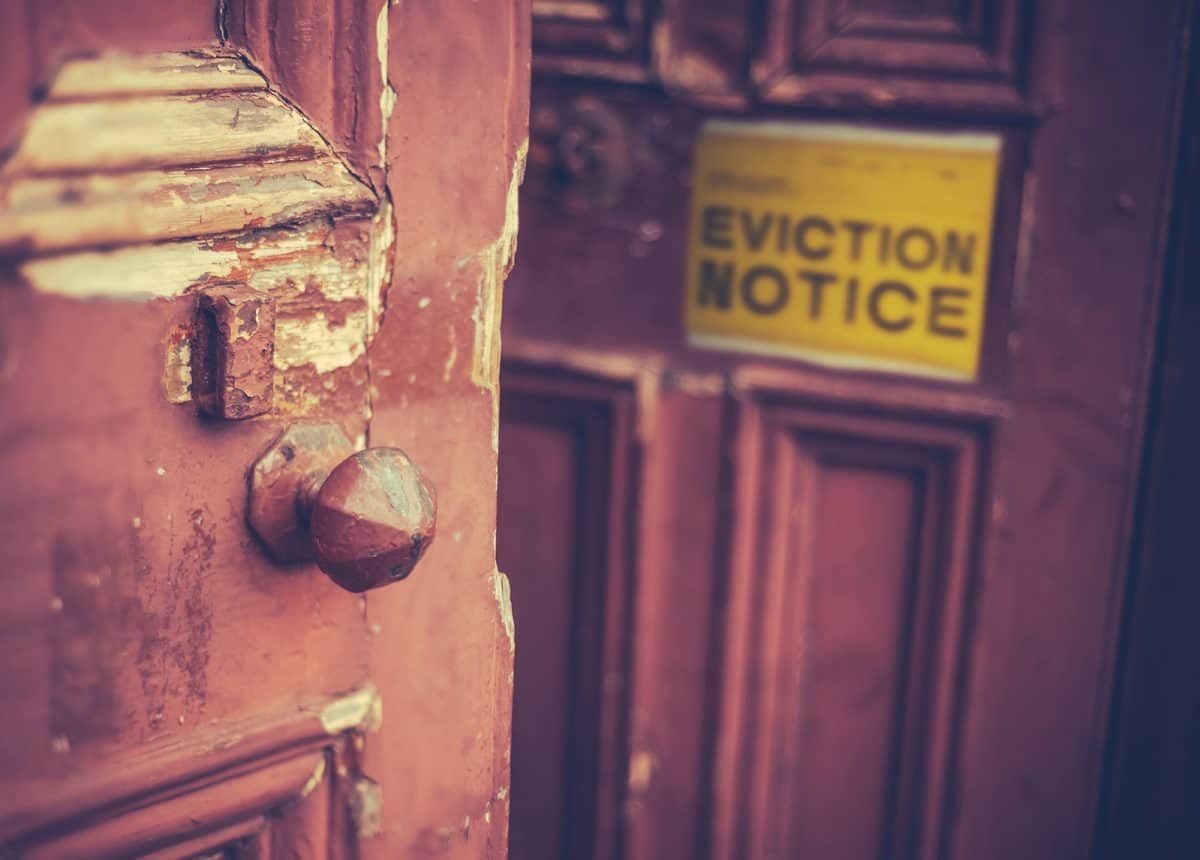As a landlord, one of the most frequent questions we hear revolves around the “what ifs.” What if my tenant stops paying rent? What if they break the lease? What if they damage the property through negligence?
For most landlords, tenant evictions are a last resort, however, it is important to arm yourself with the necessary tools in cases where you have no option but to seek legal recourse.
When Good Tenants Go Bad: A Cautionary Tale
The reality is that when good tenants go south, landlords can quickly find themselves entangled in protracted legal battles. In a notable case from Stellenbosch, a tenant recently amassed nearly R1 million in unpaid rent to two landlords.
Despite court orders mandating repayment and the auctioning of his possessions, the landlords have yet to recover the owed funds. This situation underscores concerns that South Africa’s tenant-friendly laws may inadvertently expose landlords to significant financial risks when tenants exploit legal protections.
Pro Tip: Get Sussed
The Rental Housing Act of 1999 governs the relationship between landlords and tenants in South Africa, outlining the rights and responsibilities of both parties. Under this Act, tenants can only be evicted for valid reasons recognised by the law, which constitute a breach of a lease agreement.
These include:
- Rental arrears. Persistent late or incomplete rent payments may lead to eviction, though some landlords allow a grace period to settle the balance.
- Engaging in illegal activities on the property. Tenants involved in criminal activities like theft, drug dealing, or sex work can be evicted with proper evidence.
- Property damage. Tenants must maintain the property reasonably; negligence or failure to report structural issues may result in eviction.
- Lease agreement expiration. If a tenant stays beyond the lease’s end, and you have given notice according to the lease agreement and legislation, they become an illegal occupier and must vacate.
As grounds for a legal eviction are based on a breach of the lease agreement, it’s important to note that the 2022 Rental Housing Amendment Act requires that all lease agreements be in writing, which is the responsibility of the landlord.
Any lease agreements that have been verbally agreed upon are not binding and therefore will not hold up in court.
Illegal Grounds for a Tenant Eviction
Under the Act, evictions cannot be based on discriminatory reasons, such as race, gender, ethnicity, religion, or sexual orientation.
Furthermore, tenants cannot be evicted for requesting repairs and withholding rent until these repairs are made, forming a tenant’s association or refusing to pay an unauthorised rental increase.
If a landlord fails to follow proper eviction procedures, as outlined below, the eviction can be deemed unlawful and challenged by the tenant in court, even if the reasons for the eviction are valid.
How the Eviction Process Works
The Prevention of Illegal Eviction and Unlawful Occupation of Land Act No. 19 of 1998 (PIE Act) outlines the proper procedures for evicting illegal occupants as follows:
Step 1. When a tenant violates the terms of the lease agreement, the landlord’s initial step should be to send a formal letter to inform the tenant of the breach. The letter should include a specific timeframe, typically set at 20 business days, for the tenant to rectify the breach.
Step 2. If the tenant does not vacate the property upon lease termination, the landlord must inform the tenant of their intention to seek an eviction order through the court. Following this notification, the landlord can initiate the eviction process by filing an application at the Magistrate’s Court that holds jurisdiction over the property.
Step 3. A written notice of the eviction hearing must be personally delivered to the unlawful occupier(s) of the property, by the sheriff at least 14 days before the court date. The notice must clearly specify the date and time of the hearing, detail the reasons for the eviction, and acknowledge the unlawful occupier’s right to present a defence.
Step 4. All parties are required to attend the eviction hearing in court. If the unlawful occupier(s) does not appear, the court may either postpone the hearing or proceed in their absence, potentially resulting in the court granting an eviction order.
Step 5. If the landlord is successful, the court issues a warrant of eviction to the sheriff, authorising them to remove the tenant’s possessions from the property.
In terms of costs, even in the case of an unopposed eviction, your legal costs can range between R25 -R35,000, excluding the mandatory sheriff fees. This is why it’s essential to thoroughly review a prospective tenant’s rental application before signing a lease. This includes assessing their credit score, contacting references, and, in cases of uncertainty, conducting a background check. Sometimes the red flags aren’t so apparent so it’s crucial to perform due diligence.
Have you experienced challenges with tenant evictions or have tips for fellow landlords? Share your thoughts, questions, or experiences in the comments below.
Subscribe to The South African website’s newsletters and follow us on WhatsApp, Facebook, X and Bluesky for the latest news.
